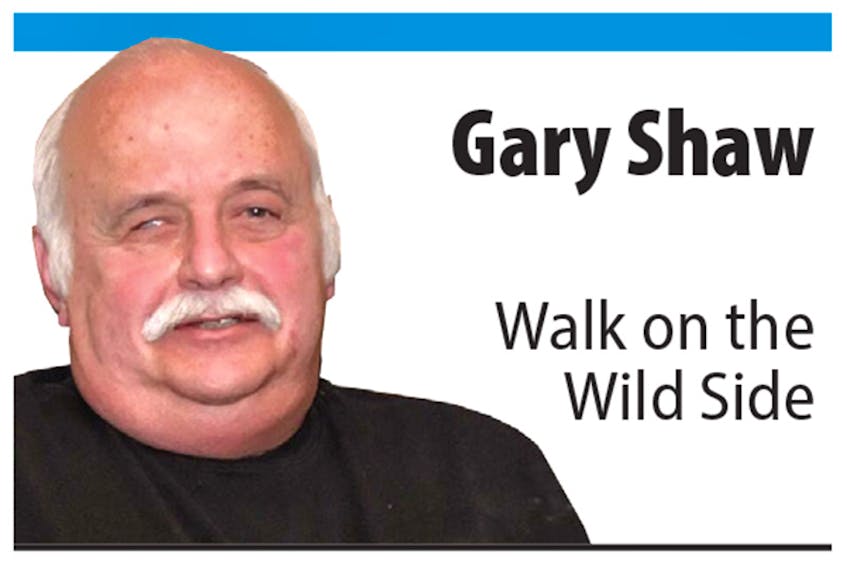For those among us in Labrador West who are spring black bear hunters, it time to get out and get going.
A long winter of hibernation for the bears and a long winter of waiting for the hunters have finally come to an end.
As always, those of us who are bear hunters eagerly anticipate the arrival of the spring hunt. The scouting for bear sign, setting up bait sites, building blinds, and the hunt itself is all part of the process.
Labrador has a healthy population of black bears that provide excellent hunting opportunities for bear hunters. The black bears are a valuable natural resource in Labrador and they deserve the commitment from our provincial government and hunters alike to manage this resource with a vision to the future.
These bears are a valuable natural resource as a big game hunting opportunity. They deserve the respect as the sport hunting opportunity that they are, and require the necessary management tools that will ensure healthy and renewable numbers as we move into the future.
There has been a change in the season dates for the 2018 hunt. In the past, an April 1 start to the season has been followed by a closing to the spring hunt on July 13. This part has not changed. Historically in the Southern Zone the fall hunt begins on Sept. 1. This year sees a change in the fall hunt date start, to Aug. 10. This sees an earlier start by almost three weeks from past years.
This has triggered conversations locally that have included dialogue from hunters that go beyond the season change issue. I haven’t heard anyone engaged in these conversations that are not in favour of this season change from a hunter’s perspective.
More by Gary Shaw:
Canada geese, a huge local gathering during this year’s migration
Time to revisit the possession regulations of brook trout in Labrador?
Bill C-71 needs to be examined
A number of hunters that I have spoken with on this issue have suggested that the date change on the hunt should only be the catalyst for further change that could see more changes to provide better resource management of these bears.
Everyone has, and is entitled to, their opinions on this. The important part of forming your opinion should be based on what is right for the bears. Getting that piece right will then get it right for the hunters moving forward with an ongoing and sustainable bear population into the future.
These are some of the additional changes that I am hearing from some bear hunters from Labrador West recently. You can agree or disagree, but these are issues of change that are on the minds of at least some of our hunters.
The season change is being met with agreement by all of the hunters that I have heard speaking on it. The exception from a number of folks is suggesting it didn’t go far enough. Some are saying that the season should be left open and include the hunt from the spring opening through to the fall closing, with no interruption. Along with this scenario, it is being suggested bear protection permits that have been historically issued, be eliminated. If anyone feels they may be threatened by a black bear encounter, buy a license. This will eliminate the restrictions of the protection permit and they can have their firearm with them wherever circumstances find them and under current regulations as written. This will see the licensed person and the enforcement people all on the same page.
It has also been suggested that the bear hunting license that we buy be issued on the calendar year beginning with spring opening and fall closing on each calendar year, and not the fall hunt from one year and the spring hunt the following year.
The final piece of the conversation is suggesting the implementation of tags for harvested bears be implemented. This would clearly come under the resource management part of the conversation. As it stands now, an encounter with a hunter with a harvested bear in the back of the truck and the enforcement people leaves a lot room for an interesting conversation. Unless the enforcement people have already had an engagement with a particular hunter during the current season there is no way of knowing that this was the hunter’s first bear or a poacher’s fifth bear. A simple tag would stop all of the guesswork.
At the end of it all, conversation and dialogue will be the process by which improvements can be made within any scenario. Let’s see what happens.









